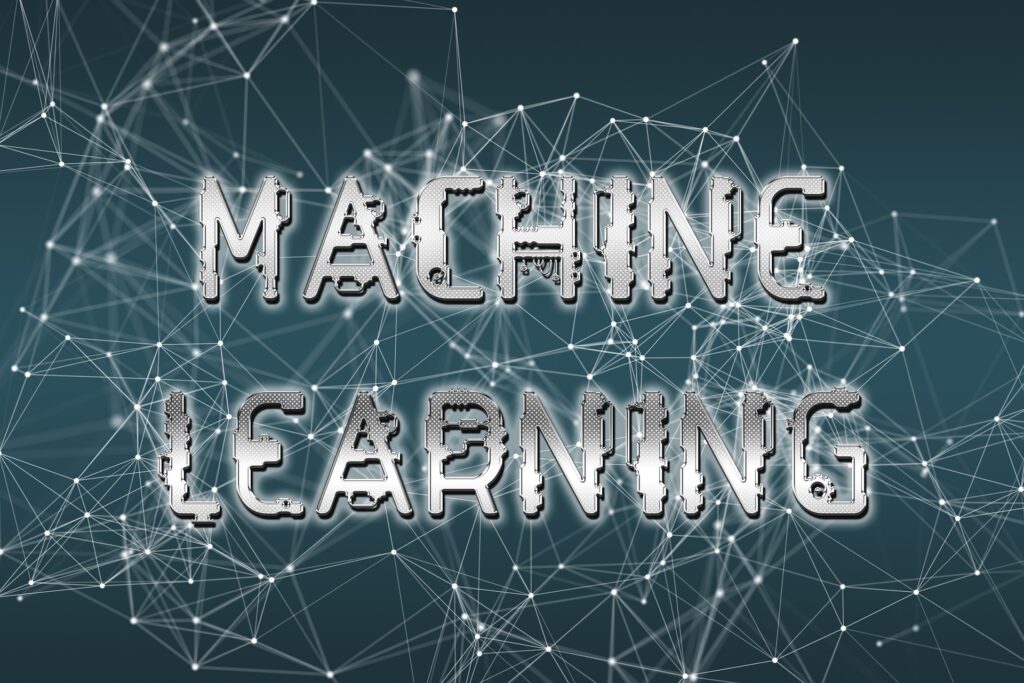Machine learning is transforming the way businesses operate. From improving efficiency to predicting customer needs, it is a game-changer. But which industries should prioritize this technology? In this blog, we’ll explore the sectors that can benefit the most from machine learning and why.
Machine learning isn’t just for tech giants. Small businesses, especially IT service providers, can also harness its power. Let’s dive into the industries that should focus on it now.
IT Services and Support
IT service providers in the USA are among the first to benefit from machine learning. This industry thrives on delivering solutions tailored to client needs. Machine learning makes this process faster and more accurate. Predictive analytics can identify system vulnerabilities before they become problems. Automation tools streamline IT workflows, reducing manual effort and improving response times.
Take local computer repair services in Crystal Lake, for instance. They can use machine learning to diagnose hardware issues more quickly. This improves customer satisfaction and reduces downtime. By integrating machine learning into their operations, IT service providers remain competitive and efficient.
Healthcare
Healthcare is another sector rapidly adopting machine learning. It has applications in diagnostics, treatment planning, and patient care. Machine learning algorithms analyze vast amounts of data to identify patterns. These insights help doctors make better decisions.
Hospitals and clinics rely on it to predict patient needs. For example, machine learning can alert staff to a potential health crisis before symptoms appear. This proactive approach saves lives. Moreover, it reduces operational costs by optimizing resource allocation. The combination of technology and human expertise revolutionizes patient outcomes.
Retail and E-commerce
Retailers use machine learning to enhance customer experiences. It helps analyze purchasing habits and predict trends. This allows businesses to personalize their offerings. Machine learning-powered recommendation systems drive sales by showing customers what they’re likely to buy.
E-commerce platforms benefit from fraud detection. Machine learning identifies unusual activity in real-time. This reduces losses and builds customer trust. Retail businesses also optimize supply chain management. Predictive models ensure inventory meets demand without excess waste.
Financial Services
The finance industry relies on machine learning for fraud prevention and risk management. Algorithms detect unusual spending patterns instantly. This protects consumers and businesses from financial loss. Predictive analytics help financial institutions assess credit risk accurately.
Investment firms also leverage machine learning. It identifies market trends and advises on profitable opportunities. These insights are crucial in the fast-paced world of finance. With the help of machine learning, firms stay ahead of the competition.
Manufacturing
Manufacturing benefits from machine learning in quality control and production efficiency. Predictive maintenance reduces downtime by identifying equipment issues early. This minimizes disruptions and saves money.
In production lines, machine learning ensures consistent quality. It spots defects that might escape human inspection. By automating routine tasks, manufacturers improve productivity. These advancements keep them competitive in a global market.
Education
Education is becoming increasingly personalized, thanks to machine learning. It tailors learning experiences to individual students. Algorithms analyze performance data to identify strengths and weaknesses. Teachers use these insights to provide targeted support.
Online learning platforms use machine learning for course recommendations. This ensures learners receive relevant material. Machine learning also helps institutions manage administrative tasks efficiently. By adopting this technology, education becomes more accessible and effective.
Energy and Utilities
Energy companies use machine learning to optimize operations. Predictive models forecast energy demand accurately. This ensures reliable service while reducing waste. Renewable energy providers use it to improve efficiency and storage solutions.
Utilities benefit from machine learning in equipment maintenance. Algorithms detect faults before they cause service disruptions. This proactive approach saves time and resources. By integrating machine learning, the energy sector moves toward a sustainable future.
Network Security
Best network security solutions in Rockford rely on machine learning to combat cyber threats. Cyberattacks are becoming more sophisticated. Traditional defenses struggle to keep up. Machine learning analyzes network activity in real-time, identifying threats instantly.
This technology adapts to new attack patterns. It protects sensitive data and ensures business continuity. Companies that prioritize machine learning in network security gain a competitive edge. They build trust with clients by safeguarding their information.
Transportation and Logistics
Transportation companies use machine learning for route optimization. This reduces delivery times and fuel consumption. Logistics firms benefit from predictive analytics. It forecasts demand and ensures timely deliveries.
Autonomous vehicles are another application of machine learning. They rely on real-time data to navigate safely. By embracing this technology, the transportation sector improves efficiency and reduces costs.
Conclusion
Machine learning is shaping the future of many industries. From IT services and healthcare to manufacturing and education, its impact is undeniable. Businesses that adopt machine learning gain efficiency, accuracy, and a competitive edge. Industries like local computer repair services and network security in Rockford must prioritize this technology. As machine learning continues to evolve, its potential is limitless. Now is the time to embrace this game-changing innovation.







